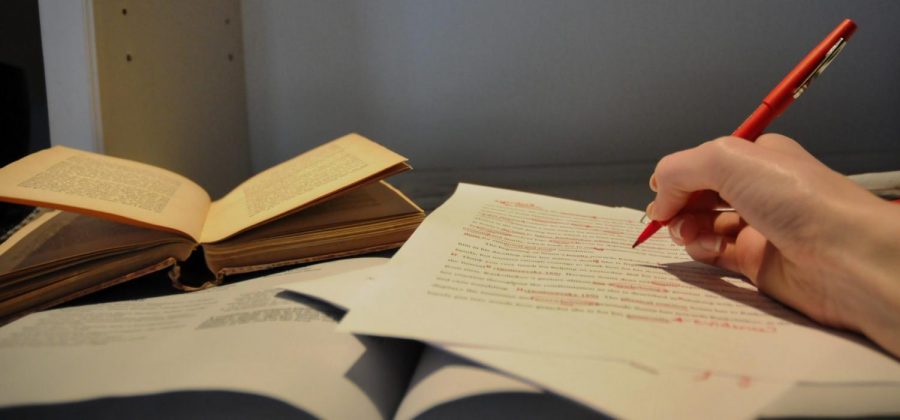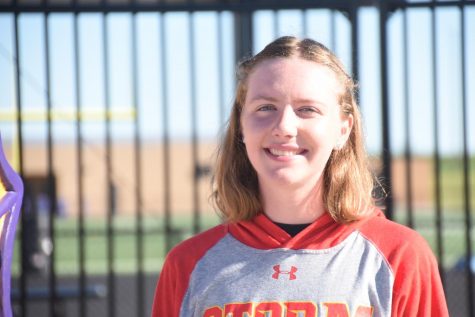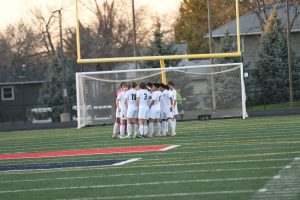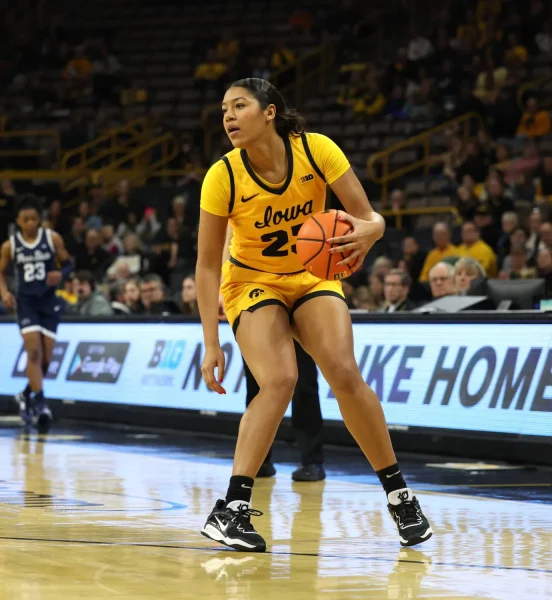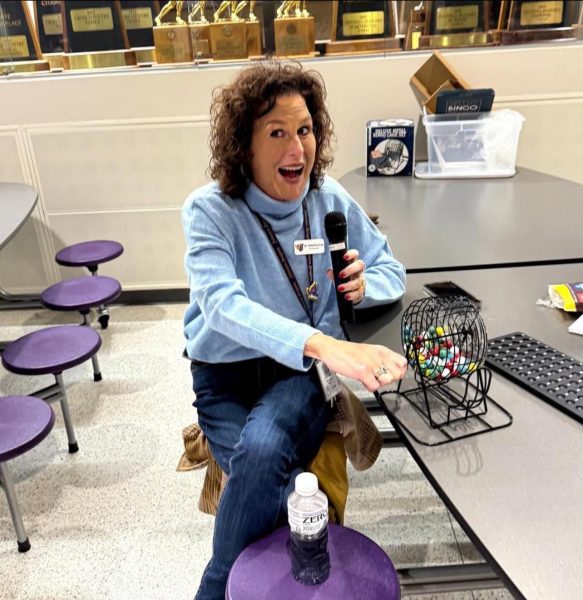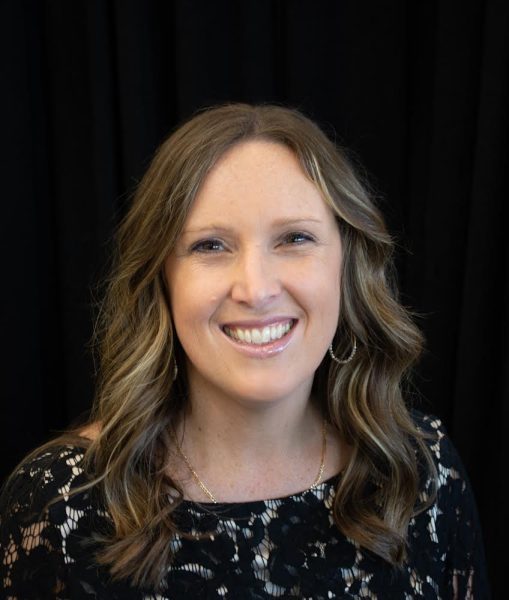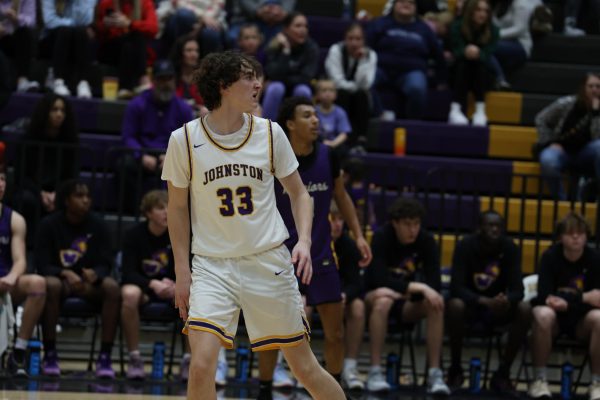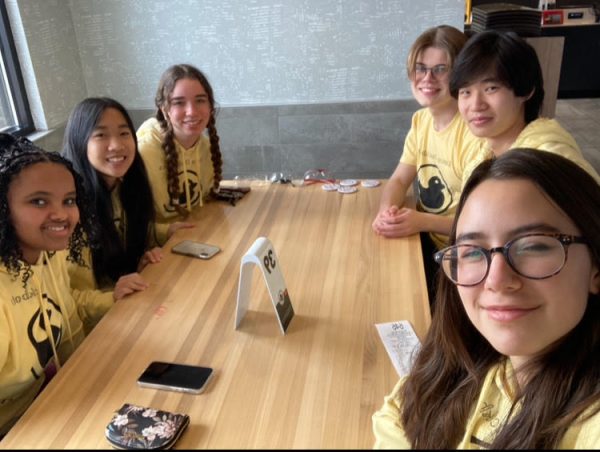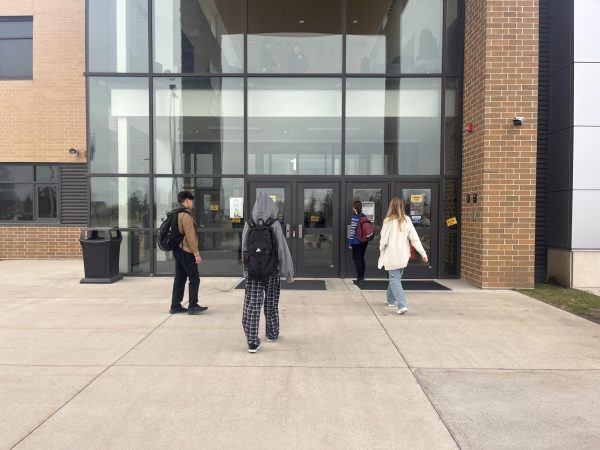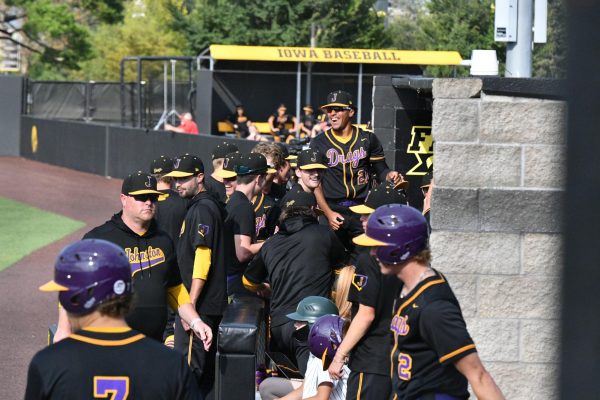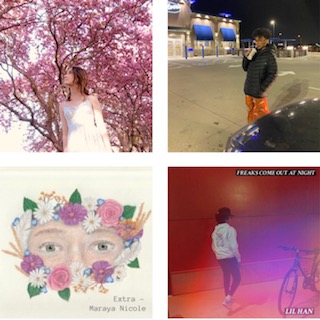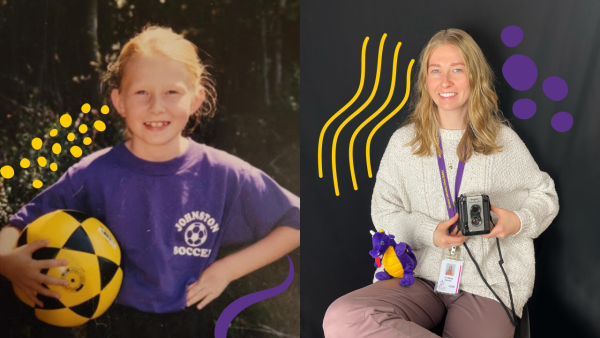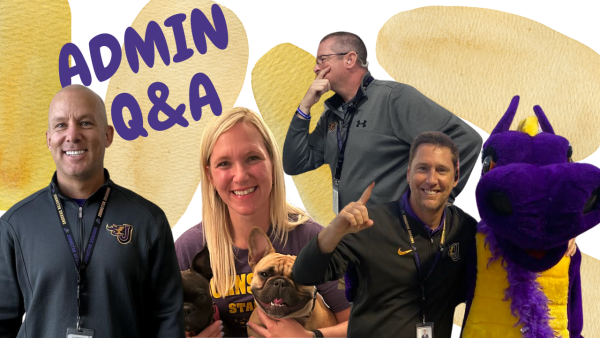Conquering the Thesis
Teachers share their experience writing for a college masters program
February 25, 2019
Essay. The frightening word that strikes fear into every high schoolers’ heart. The tedious research, excruciatingly boring analysis, and annotated bibliography is enough to make any student want to curl up and cry helplessly over the keyboard.
But nothing compares to the most feared essay of all time… the college thesis. This intimidating paper is usually 40-80 pages in length, and takes multiple semesters of back breaking research, editing, and revising to get done. This type of paper is written when a college student is working towards a master’s degree or PhD, and has to fulfill the requirements for graduation. Only the brave can conquer this beast of a paper. Let us honor these brave souls.
Jesse Dowell
Separate and Unequal: A Study of the Residential Segregation of African-Americans in the Des Moines Metropolitan Area in the 20th Century
Race relations had always been an area of intrigue for AP Psychology teacher Jesse Dowell. He would wonder why some neighborhoods had a higher population of minorities, while other neighborhoods were populated mostly by Caucasians. His fascination with the concept of “White Flight” inspired him to write the topic of his masters thesis on residential segregation in Des Moines. Dowell spent hours researching and revising. “I treated it like a job… I spent most of my time on research,” Dowell said. “I would look at a source, and analyze it. I looked at the key take aways. It’s like you have these nuggets and put it together to make a chicken so to speak.”
The thesis ended up being 55 pages long, 10 of which were either part of the appendix or works cited. “The thing about a thesis paper is you are creating knowledge,” Dowell said. “The more you get to know about a topic, you realize there is so much to write about.”
However, Dowell often struggled to recieve feedback from his professor who had various health problems, and found the writing process to be solitary. “It can be a lonely process…you hang out in basements in library looking at census records from the 1970’s,” Dowell said. “It would be very hard to write a paper like this if you were not interested in the topic.”
Sue Cline
Created curriculum incorporating humanities and reviewed literature about lack of humanities in education
AP World History teacher Sue Cline was the mother of a six year old and three year old when she was completing her masters program for teaching gifted students. Because Cline’s program was advertised as nonthesis, her work that would have normally qualified technically did not count. “Usually at that time the way things worked was if you wrote a full blown thesis you didn’t have to take comprehensive exams,” Cline said. “Mine was a nonthesis program, so I still had to take the comprehensive exams.”
Cline based her curriculum idea on a teacher she had in high school. “I had this amazing instructor my senior year of high school who was an english teacher, but then brought in art and architecture in addition to all the literature he was having us do, and then all the history and stuff attached to it…I figured world history has an even better approach because it has that chronological order to it, and it goes around the world so there is so much more available to plug in,” Cline said. “I knew that’s what I wanted to do when I began.” Although Cline says she does not remember much from high school, she does remember how her english instructor made his class challenging and quirky. “He was a really sarcastic and vicious dude,” Cline said. Throughout the project Cline often found herself asking what her english teacher would have done to her humanities curriculum to make it interesting and informative.
To begin, she spent hours on research. “I had to do this research before computers,” Cline said. “I went through everything in the University library.”
However technology that was available was frustrating and tough to handle. “Computers had come in when I was in my master’s program…I wrote my masters thesis on an Apple 2E computer,” Cline said. “It had a 20K desktop…everytime I hit that limit I would switch the floppy disc and start over.” Cline estimates her thesis was on 6 different floppy discs by the time it was finished. However, the computers were far from reliable. “The first 20K I had most of [my thesis] written…and it hadn’t saved and got unplugged. I cannot tell you how much crying I did then.”
Cline insists that the research process was not too overwhelming, but admits the writing part was difficult as she was a mother of two young children at the time. Her motivation and ultimate goal was the significant pay raise added to her salary if she completed her masters program.
Ed Walker
Created collection of poetry
Language arts teacher Ed Walker was fresh out of college when he started graduate school at the University of Arizona. “I am one of the few people you’ll ever talk to who was accepted at the Iowa Writers Workshop but who chose not to go there,” Walker said. “So instead of going to Iowa City, the most famous program in the world, I went to the program at the University of Arizona in Tucson. The reason I went there is that a professor of mine at Drake had done her work there and several professors who she worked with were working there.”
Since Walker was receiving his masters in creative writing, his thesis had to be a creative collection.“It is just a collection of poems, so it isn’t like a research thesis,” Walker said. “My book kind of explores other lands. Russia, Alaska, Northern Europe. It’s held together by that theme of place.”
Walker’s experiences encountering new people and ideas helped spark his ideas and creative thought. “My inspiration came from the other students…the thing I learned the most in that program really came to me from my fellow students rather than my teachers,” Walker said.“There were people there that were just into very different things than what I had ever heard of. I just soaked that up. Some of it was imitation, some of it was responding to texts I had never heard of before, or ideas I hadn’t thought of.”
For Walker, the process all started with reading. “I’ll read a line, an idea, several poems by an author,” Walker said. “Then I’ll say to myself, I don’t know, I like how this author manages light in their poem. So then maybe I start a piece similar to that and kind of explore where that takes me.”
However, at times the writing process was frustrating and halting. “I actually had a different start on a different book that was inspired by ancient Egyptian mythology,” Walker said. “I had about 20 pages written before I realized it wasn’t going to work.”
Walker’s rough draft collection of poetry was 65 pages, but he ended up editing it down to 50 pages. “It took me about a year for me to put it together,” Walker said. “Some students down there would put their books together in like a month. It took me a long time. I had a lot a lot of stuff to draw from so it was a very long process. My creative process is very chaotic because I’m slothful and a procrastinator.”
“I wanted to impress my teachers a lot, because I was in school with a lot of impressive writers,” Walker added. “I wanted to live up to the people I was working with. That just activated something in me and kept me going.”


